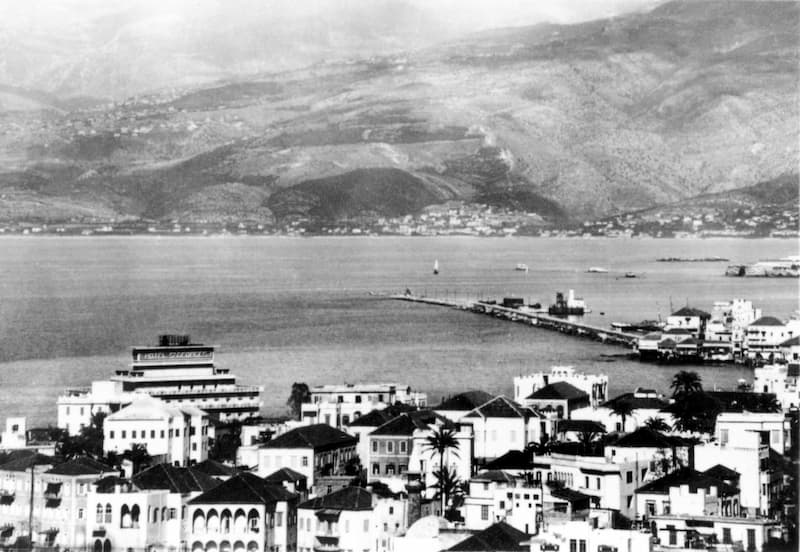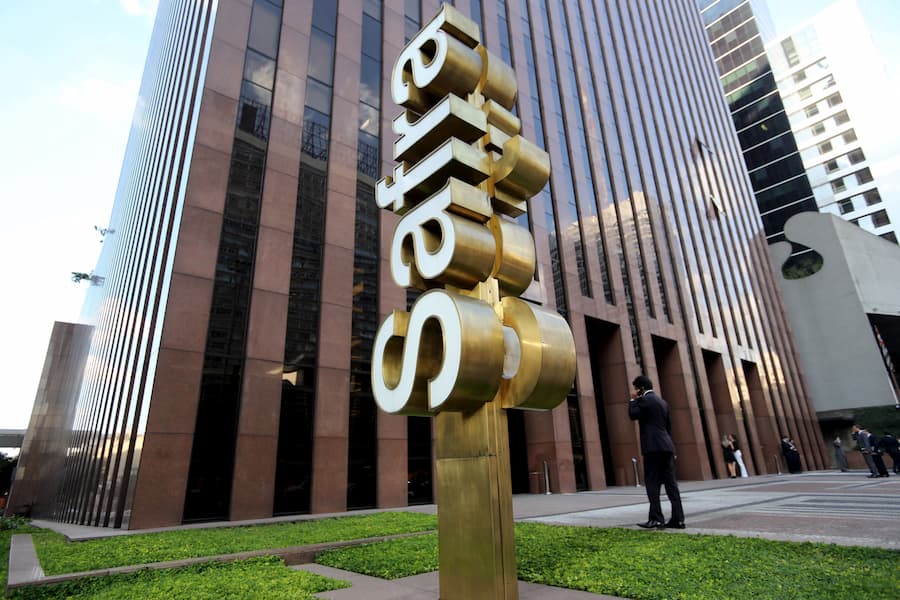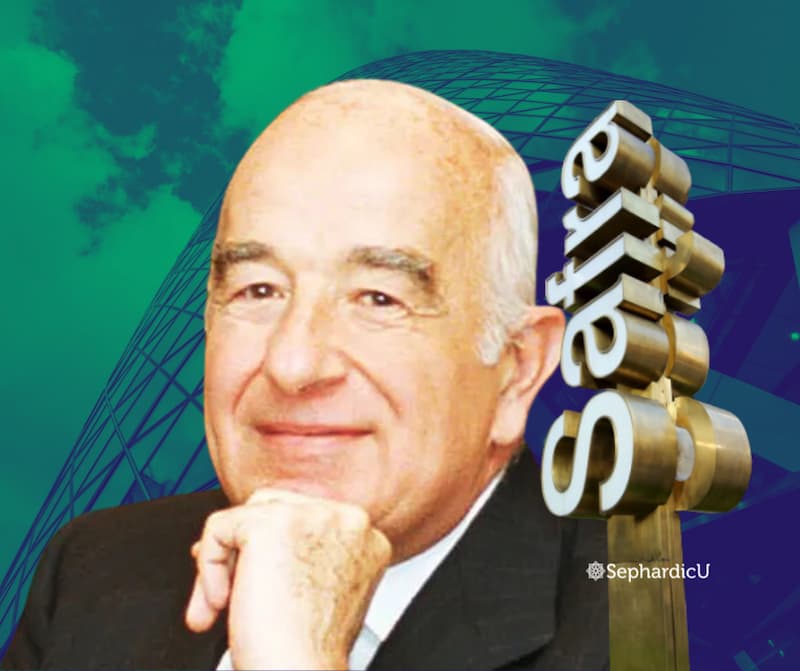History of the Family and Group
The Safra family’s banking origins date back to the Ottoman Empire, where they initially made their fortune by financing trade caravans between the empire’s major cities. Known for their ability to calculate and exchange large sums of money mentally, the Safras became successful and founded their first bank, Safra Frères et Cie., in 1840.
The family’s reputation for being highly selective yet dedicated financiers led to the establishment of new offices in Istanbul, Beirut, and Alexandria, further enhancing their international reputation. The modern patriarch, Jacob Safra, was born into this family in 1891 and quickly gained a reputation as a talented banker.
After the collapse of the Ottoman Empire in 1922, Jacob moved to Beirut and founded Banco Jacob E. Safra in 1929. The bank became a cornerstone of Beirut’s thriving Sephardic Jewish community. Jacob Safra handled the business and personal finances of Lebanon and Syria’s wealthy Jews with utmost care and discretion. The family name “Safra” means “gold” in Arabic, reflecting their financial expertise.
Joseph Safra’s Early Life

Joseph Yacoub Safra was born on September 1, 1938, in Beirut, Lebanon, as the third of four boys. Growing up as an affluent Jew in an Arab-majority country during the 1940s and 1950s, Joseph faced significant discrimination, especially after the 1948 Arab-Israeli War. Due to this, Joseph was likely sent to England for his education.
By 1952, antisemitic sentiments had grown so severe that the family left Beirut for São Paulo, Brazil, continuing their financial business there. After completing his education and gaining practical banking experience at Bank of America, Joseph returned to Brazil in 1963 following his father’s death.
Joseph, along with his elder brother Edmond and younger brother Moise, continued financing projects for Brazil’s wealthy Jews. However, Joseph aspired to transform the family financing company into a full-fledged bank. This led to a rift between him and Edmond, who eventually left Brazil for New York to establish the Republic National Bank of New York in 1966. This allowed Joseph and Moise to create Banco Safra, with each brother owning 50%.
The Rise of Banco Safra

Focusing on corporate banking, Banco Safra became the bank of choice for Brazil’s wealthy entrepreneurs. As the bank’s client base grew, Banco Safra began offering more services, including personal banking, asset management, and insurance. To expand, Joseph Safra acquired smaller rival banks and opened new branches in strategic areas.
Unlike his ancestors who ran day-to-day operations, Joseph served as the chairman of Banco Safra, allowing him to oversee the bank’s international expansion while appeasing regulators.
Safra Group
The Safra brothers expanded internationally by adding subsidiaries in Switzerland, the Caymans, and New York. Joseph Safra created Safra Group, an entity representing their network of banks. Unlike a traditional bank holding company, Safra Group did not own shares in individual banks but acted as an official entity, allowing for consolidated holdings and reduced risk.
In 2006, Joseph purchased Moise’s shares, becoming the sole owner of Safra Group and its various banks.
Diversification into Real Estate and Other Businesses

Joseph Safra spearheaded the Safra Group’s foray into real estate investing. The group initially bought commercial real estate in Brazilian cities and later expanded abroad. Notable acquisitions include One Plantation Place and the Gherkin in London. Outside of London, the Safra Group acquired commercial real estate in major cities like New York and Geneva.
Joseph Safra also diversified into other industries, including agriculture. In 2014, Safra Group acquired Chiquita Brands International, a major American producer and distributor of bananas and other produce. This acquisition marked a significant expansion beyond traditional banking and real estate investments, showcasing Joseph’s strategic vision for diversification.

Later Life and Death
As he aged, Joseph became an even more generous philanthropist, donating heavily to Jewish causes, the poor, and war victims. Despite his workaholic lifestyle, which took a toll on his health, Joseph remained in charge of his empire. He was diagnosed with Parkinson’s disease but continued working diligently.
On December 10, 2020, Joseph Safra died of natural causes in his São Paulo home at the age of 82. At the time of his death, he was the richest man in Brazil, with a net worth of $23 billion according to Forbes.
Joseph Safra’s legacy is marked by his profound impact on global finance, his philanthropic contributions, and his remarkable ability to expand and diversify his family’s banking empire.chu
Sources:









Ohr HaChaim Yomi – Shemini